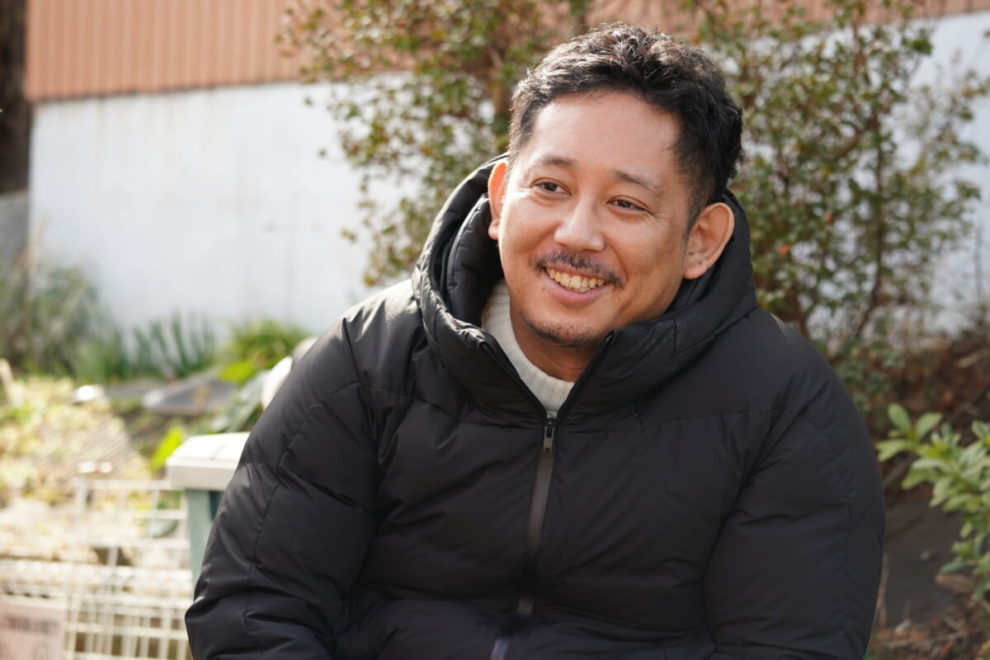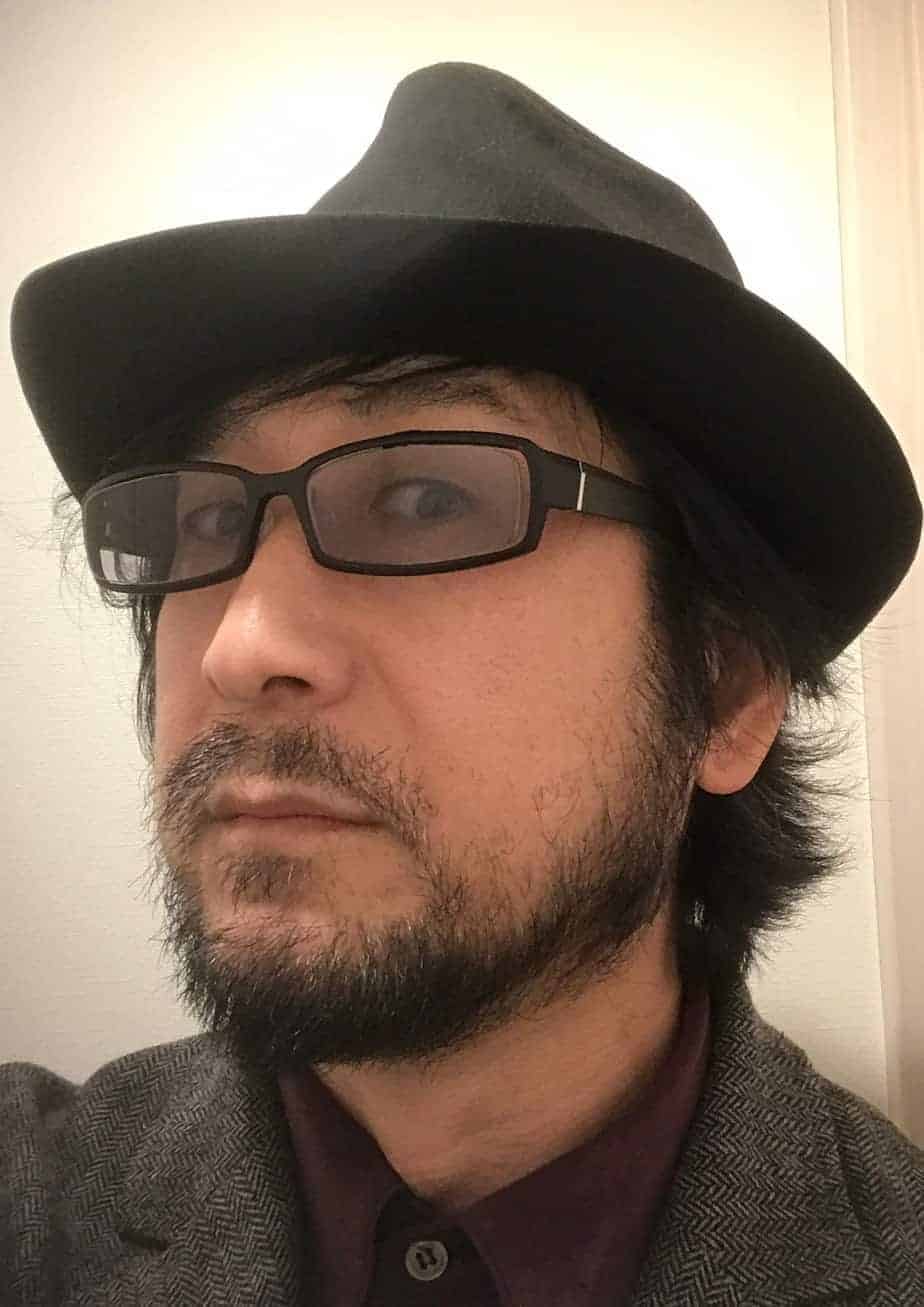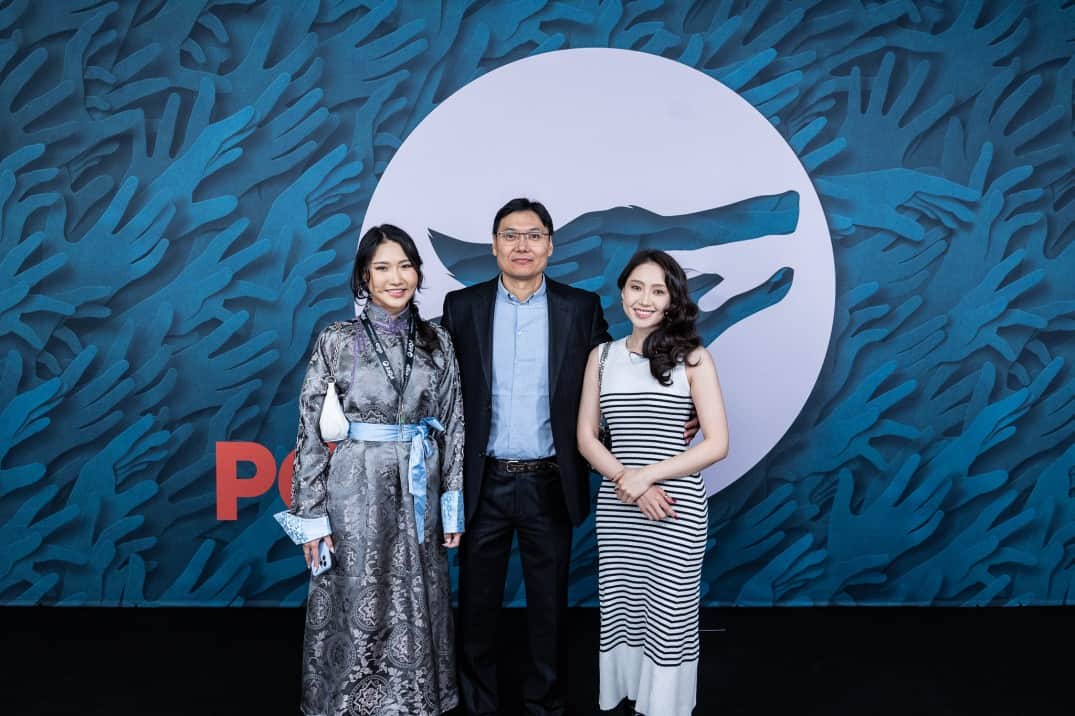In the 15 years since his debut feature, Yu Irie has continued to thrive in the Japanese film industry's indie scene. The sleeper hit that was “8000 Miles” saw the director win a couple of awards that have helped him bolster his filmography over the past decade. Having notably helmed the Tatsuya Fujiwara starring “Memoirs of a Murderer” in 2017 and worked sporadically in television, Irie brings to New York Asian Film Festival his seventeenth feature film, “Ninja Girl”.
The film, both written and directed by Irie, is a wicked black comedy, satire that asks the question, what would a ninja look like in the modern-day? While the answers often lead to hilarious results, Irie's message is deeper than one might first think, as the film also tackles prevalent issues such as immigration and government corruption. The director took the time to discuss the film with us and let us in on the inspiration behind this brilliant feature.
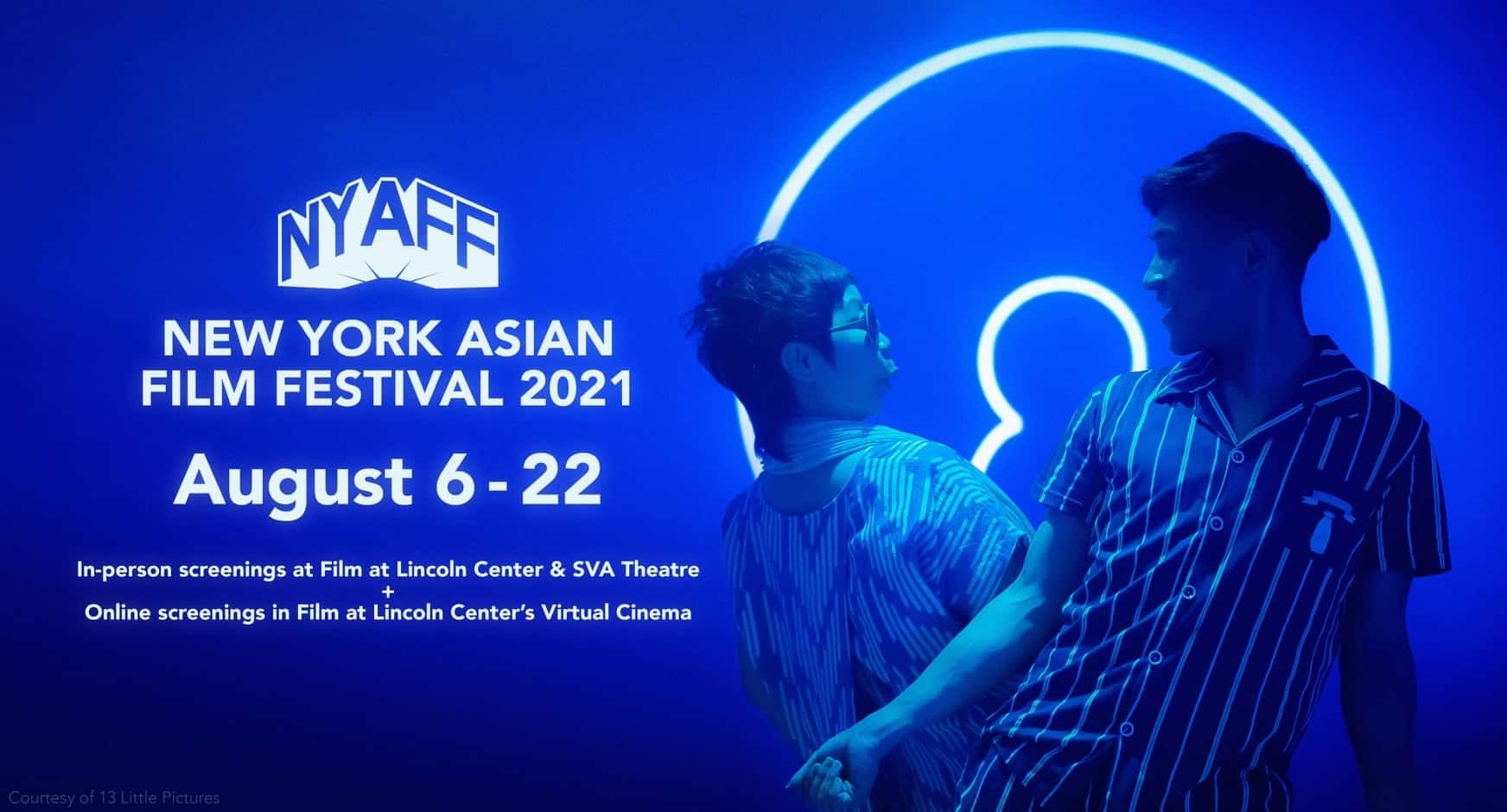
Were there any ninja films of the past that inspired you when making ‘Ninja Girl'?
This is a very difficult question to answer because there are so many ninja movies and dramas in Japan, not only live-action but also animation. When I was a child, there was a famous TV anime called “Ninja Hattori-kun.” As for live-action movies, there were a lot of great ninja movies made in the days when period dramas were popular in Japanese cinema. Some of my favourites are “Ninja, a Band of Assassins” (1962, dir. Satsuo Yamamoto), “Castle of Owls” (1963, dir. Eiichi Kudo), and “Owl's Castle” (1999, dir. Masahiro Shinoda).
What was the thinking behind having a ninja be the force for good in a modern setting?
I wondered what kind of fighting methods there would be if I couldn't win a head-on battle against a corrupt power, so I brought in the ninja. I don't know if borrowing the power of the ninja is the right answer, but the ninja in Japan originally played a major role in information warfare and espionage, even before the Edo period. In that sense, although their role is a little different from that of the ninja in this film, modern intelligence agencies may be equivalent to ninjas. Although ninja movies are fictionalised, I believe that fiction can make a difference in reality.
The Immigration Elimination Ordinance is a major element of the plot. What made you want to tackle this particular political issue?
I am concerned about the spirit of intolerance that has been spreading in Japan over the past ten years or so, including intolerance towards immigrants and refugees. Japan is also infamous for being the toughest country in the world to gain refugee status from, which I consider to be a great disgrace. Arthouse theatres in Japan show a wide variety of films from around the world, and I believe that film is an art form that depicts and advocates for diversity.

The presence of government corruption is sure to resonate with audiences around the world. What do you think of the current state of affairs regarding the trustworthiness of world leaders?
In Japan, at least, trust in political leaders has been declining over the years. One reason is related to the concealment of information and falsification of documents, which is a problem that needs to be remedied as soon as possible. We must avoid a situation in which future generations are unable to look back on the past and know exactly what was happening in our present.
Now that you've had a taste of doing a ninja film, would you ever consider making a fully-fledged period film based around ninjas?
It has always been a dream of mine to make an authentic period drama. However, it's becoming more and more difficult every year to produce period films in Japan. One of the main reasons is that the younger generation has lost interest in them. Another is that the know-how for making authentic period dramas has not been passed down to today's filmmakers. In order to keep the light of Japanese jidai geki alive for the next generation, I would like to continue working toward the realisation of this project. If it does come to fruition, I would like ninjas to appear in some form.
How did you find working with Saki Fukuda in the leading role? What was she able to bring to the character of Miu?
She was chosen from among 2,500 auditionees for the lead role because of her amazing dancing abilities and piercing eyes. She played the role brilliantly, from the reality of an inconspicuous woman living in a provincial city to the character development leap in the second half of the film.
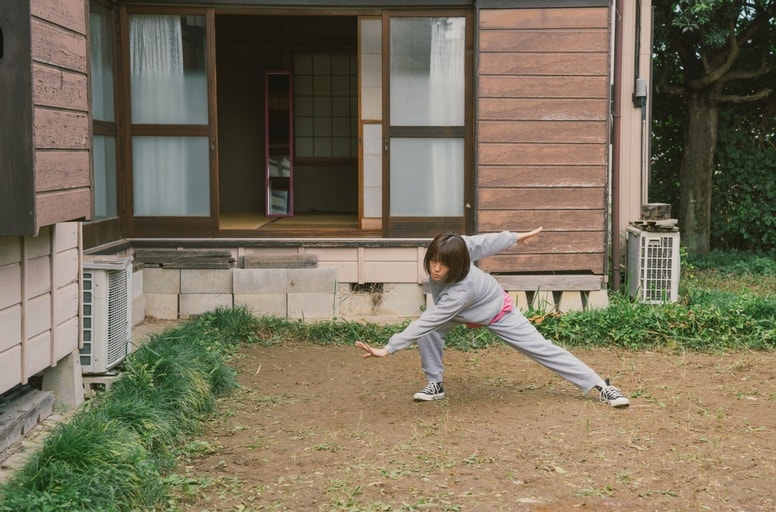
Are there any aspects of yourself that are in the character of Miu?
I feel that it reflects my memories of my teenage years when I was depressed and living in a provincial city. It can be said that this film is a story about an every-woman who takes a drastic step after something happens. In that sense, I would like to always be ready to take a step myself.
What do you feel shooting in 1:33:1 brought to the film?
This film was planned with the intention of supporting arthouse theatres all over Japan, which have fallen on hard times due to COVID-19. I think the standard size is really suitable for screening in such theatres. In cinema complexes, they try to create a sense of scale with a horizontal screen, but in so-called mini-theatres, the standard screen allows the audience to concentrate on the film and allows the audience to actively enter the world of the film.

The film is very funny in parts. What was the scene you had the most fun putting together?
I guess it was the dancing scenes and ninja action. There's no flashy action like in a Hollywood movie, but I tried to keep in mind how much I could do if there actually were such a hero in a local city.
Finally, what would be your ninja weapon of choice?
The art of disguise. The ninja disappeared into various provinces and wore disguises in order to mingle unnoticed in the city. They would disguise themselves as merchants or townspeople to gather information. When COVID-19 is over, I would like to go to other countries and walk around unnoticed, as if I'd always lived there.
Yu Irie's wonderful “Ninja Girl” is showing now as part of New York Asian Film Festival, and you can read our review here.


